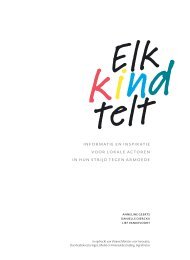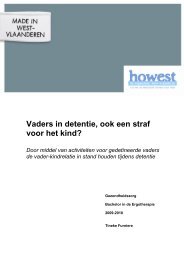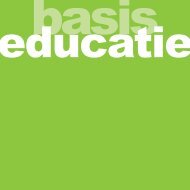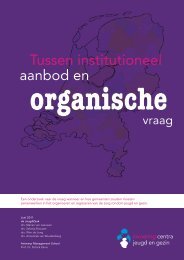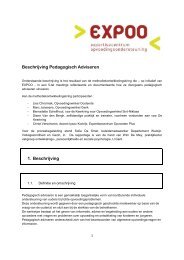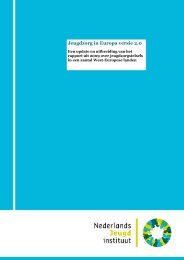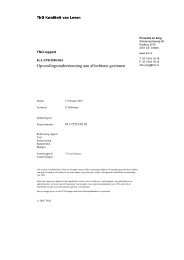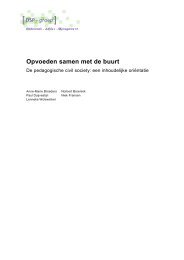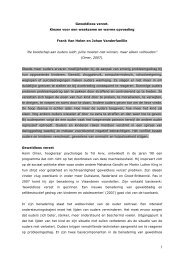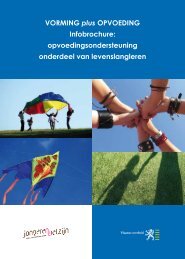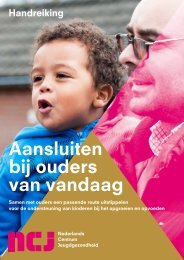Technique Is Not Enough (TINE) - British Psychological Society
Technique Is Not Enough (TINE) - British Psychological Society
Technique Is Not Enough (TINE) - British Psychological Society
- No tags were found...
You also want an ePaper? Increase the reach of your titles
YUMPU automatically turns print PDFs into web optimized ePapers that Google loves.
2. Vision and purpose2.1. The brief from the BPS – Working inclusively with stakeholdersThis discussion paper is the work of the Children and Families work stream of the <strong>Society</strong>’sSocial Inclusion Group, a working party of the Professional Practice Board. The group wasestablished in 2007 to work intentionally across the traditional care group-basedprofessional Divisions of the <strong>Society</strong> to develop a lens with which to examine thepsychological understanding of effective and socially inclusive practice. The Children andFamilies work stream has worked for three years on this project. It has taken this lens andexamined state funded interventions for increasing child mental health. Its brief was towork collaboratively with children and families and interested professional groups usingsocially inclusive methods.A number of meetings were held to review an initial <strong>Society</strong> draft scoping paper on childmental health and social exclusion. From this emerged a fact-finding conference and asurvey of parenting programme developers asking about their socially inclusive practices.This paper was then prepared and commented on by various professional groups. Theresults will be presented at an international conference later in 2012 to be sponsored bythe <strong>Society</strong> and its working partners where we will share the joint learning in this paperand gather further information from a range of programme developers who will also beactively participating. After this there will be a period of consolidation and review followedby a further call for examples of emerging inclusive practice, including some that havebeen empirically evaluated. We would hope to publish the results of this follow up in 2013.We also intend to submit a paper to a peer reviewed journal specifically on the four <strong>TINE</strong>principles behind the framework itself.As the stages of this work progressed we became increasingly aware of the urgency given toour task by the on-going economic crisis and continuing, if not worsening, healthdisparities affecting child mental health. To approach this we formed a broad coalition oforganisations based on our anticipation of the increases in child and family mental healthproblems likely to be encountered in the economic downturn; job loss, unemployment,debt and housing instability. We know that the effects of these social stresses on familiescan compromise parenting. These social ills are best addressed alongside the use ofevidence-based parenting programmes. However, one is not a substitute for the other.In taking a socially inclusive perspective on these issues it became evident that we neededto include contextual matters relevant to service users in all CAMHS tiers. We also wantedto ensure our guidance was based on real world experience. This paper has been writtenfor parenting programme developers and implementing professionals and familiesinvolved in commissioning; and for psychologists to draw on when exercising theirincreasingly influential advisory roles in this field.Evidence-based parenting programmes have been developed over many years in manylocations. They have been thoroughly researched and are effective in reducing childdistress and behavioural disturbance in both early-years programmes and primary andsecondary schools. They are, however, less than optimally effective because of issues that go10 Professional Practice Board



